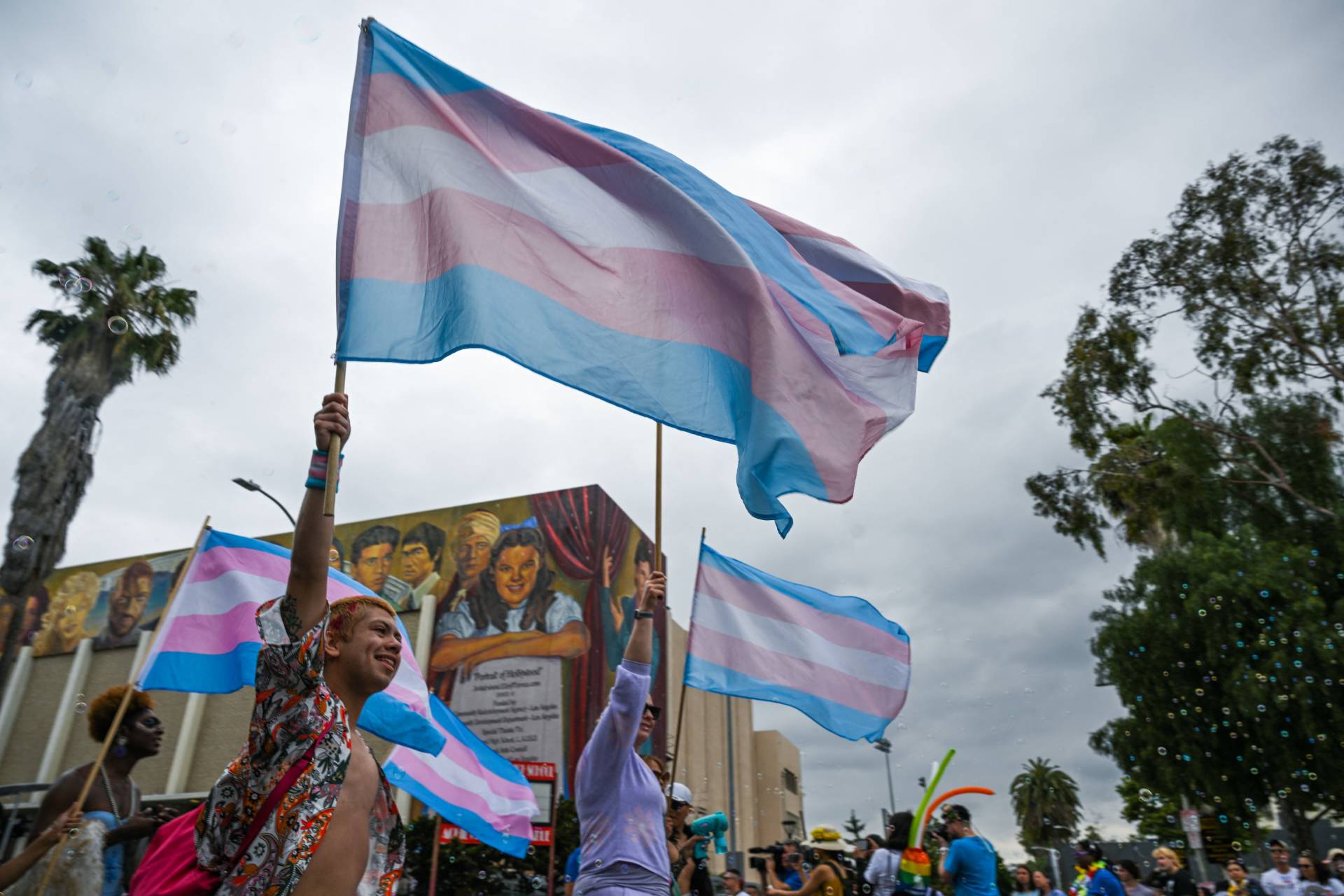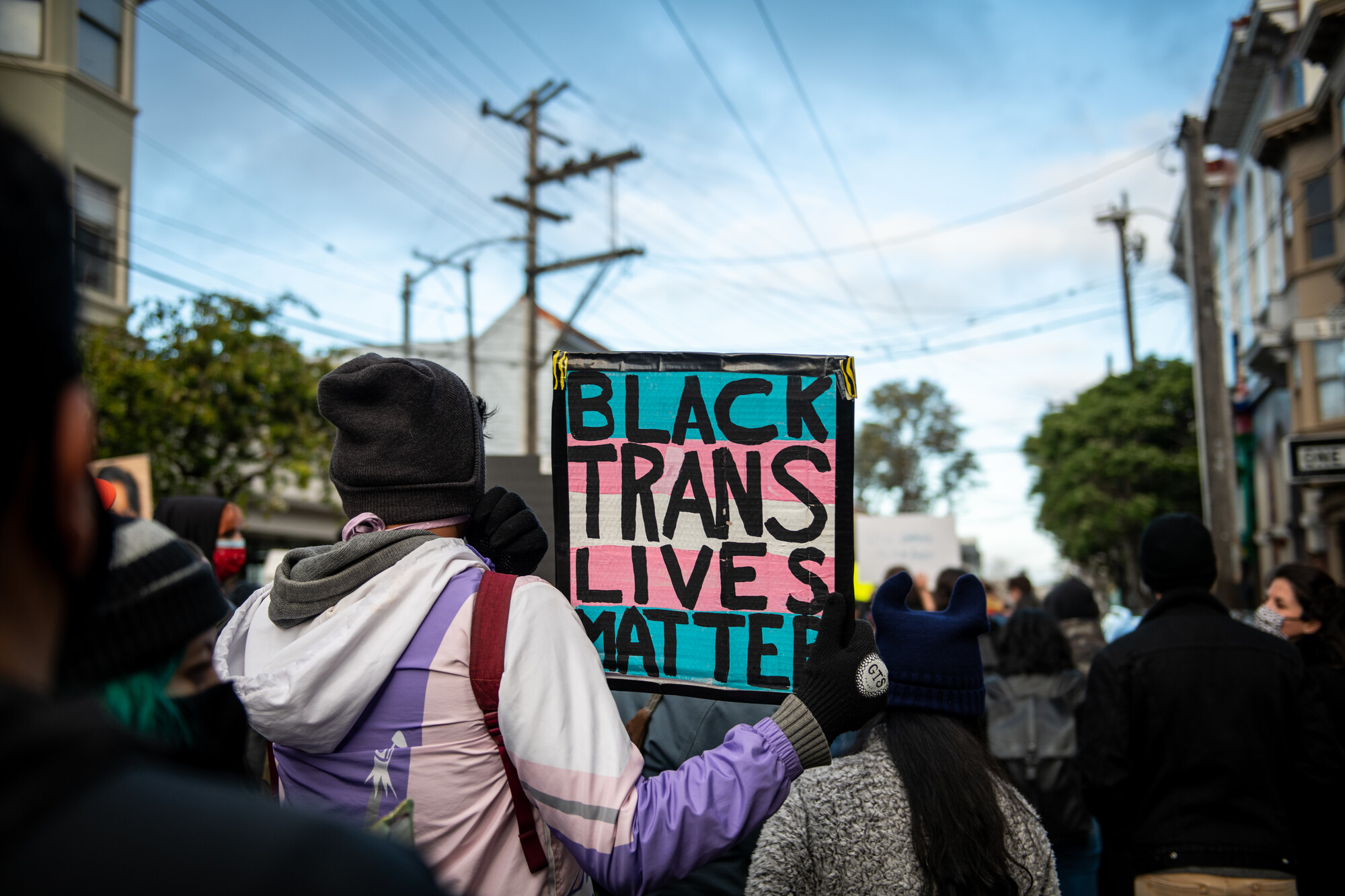Updated 9:45 a.m. Friday
A
s former President Donald Trump prepares to reenter the White House in January, advocates for trans communities have expressed their deep concerns about trans rights over the coming years.
The final weeks of Trump’s presidential campaign were especially marked by repeated attacks on transgender people, not least at his Madison Square Garden rally, where Trump railed at “transgender insanity” and trans athletes. Calls to LBGTQ+ support hotlines have now reportedly surged in the wake of the election.
After the election, “the fear was really, really real,” said Chase Overholt, director of development at Positive Images, a LGBTQIA+ community center in Santa Rosa serving the North Bay. “For my community, for the protection of my rights, my friends’ rights, my friends, access to gender-affirming care across state lines, we knew that Trump was the wrong choice.”
Trump has promised to remove Medicare and Medicaid funding from hospitals that provide gender transition treatment to minors. Project 2025 — a detailed, 900-page policy agenda for the next Republican presidency authored and supported by Trump allies, former and current Trump staffers and Vice President-elect JD Vance — also calls for rolling back regulations that ban discrimination based on gender identity, sexual orientation and trans status.


